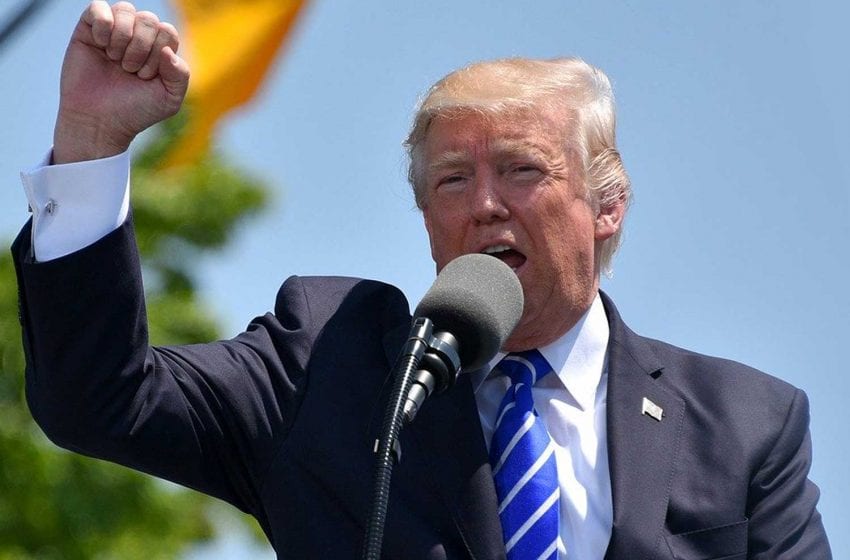The U.S. Food and Drug Administration (FDA) today issued a policy prioritizing enforcement against certain unauthorized flavored e-cigarette products that appeal to kids, including fruit and mint flavors. Under this policy, companies that do not cease manufacture, distribution and sale of unauthorized flavored cartridge-based e-cigarettes other than tobacco or menthol within 30 days risk FDA enforcement actions.
“The United States has never seen an epidemic of substance use arise as quickly as our current epidemic of youth use of e-cigarettes. HHS [the Department of Health and Human Services] is taking a comprehensive, aggressive approach to enforcing the law passed by Congress, under which no e-cigarettes are currently on the market legally,” said HHS Secretary Alex Azar.
“By prioritizing enforcement against the products that are most widely used by children, our action today seeks to strike the right public health balance by maintaining e-cigarettes as a potential off-ramp for adults using combustible tobacco while ensuring these products don’t provide an on-ramp to nicotine addiction for our youth,” he added.
The final guidance outlining the agency’s enforcement priorities for electronic nicotine delivery systems (ENDS), such as e-cigarettes and e-liquids, comes as the 2019 National Youth Tobacco Survey (NYTS) results on e-cigarette use show that more than 5 million U.S. middle and high school students are current e-cigarette users (having used within the last 30 days)—with a majority reporting cartridge-based products as their usual brand.
On Aug. 8, 2016, all e-cigarettes and other ENDS products became subject to the FDA’s tobacco authorities, including the premarket authorization requirements in the Federal Food, Drug, and Cosmetic Act. All e-cigarettes and other ENDS products on the market at that time needed to have authorization from the FDA to be legally marketed. However, as an exercise of its enforcement discretion, the agency had deferred enforcement of the premarket authorization requirements. To date, no ENDS products have been authorized by the FDA—meaning that all ENDS products currently on the market are considered illegally marketed and are subject to enforcement, at any time, in the FDA’s discretion.
Beginning 30 days from the publication of the notice of availability of this guidance in the Federal Register, the FDA intends to prioritize enforcement against these illegally marketed ENDS products by focusing on the following groups of products that do not have premarket authorization:
- Any flavored, cartridge-based ENDS product (other than a tobacco- or menthol-flavored ENDS product);
- All other ENDS products for which the manufacturer has failed to take (or is failing to take) adequate measures to prevent minors’ access; and
- Any ENDS product that is targeted to minors or likely to promote use of ENDS by minors.
By not prioritizing enforcement against other flavored ENDS products in the same way as flavored cartridge-based ENDS products, the FDA said it has attempted to balance the public health concerns related to youth use of ENDS products with considerations regarding addicted adult cigarette smokers who may try to use ENDS products to transition away from combustible tobacco products.
The FDA insists its enforcement priorities are not a “ban” on flavored or cartridge-based ENDS. The FDA has already accepted and begun review of several premarket applications for flavored ENDS products through the pathway that Congress established in the Tobacco Control Act.
Manufacturers that wish to market any ENDS product—including flavored e-cigarettes or e-liquids—are required by law to submit an application to the FDA that demonstrates that the product meets the applicable standard in the law, such as whether the product is appropriate for the protection of the public health.
If a company can demonstrate to the FDA that a specific product meets the applicable standard set forth by Congress, including considering how the marketing of the product may affect youth initiation and use, then the FDA could authorize that product for sale.











